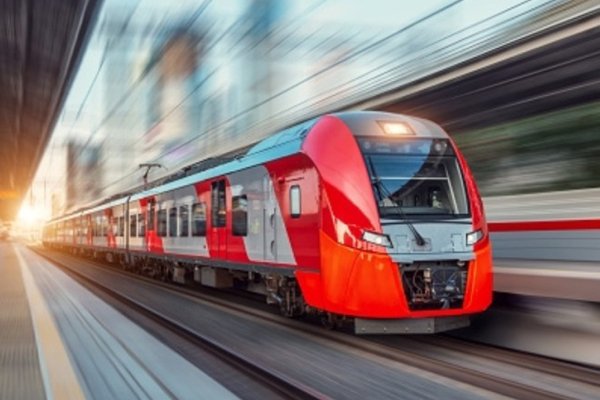Today, the Ministry of Housing and Urban Planning held a workshop titled “Greater Muscat Masterplan,” aimed at discussing the final stages of the city’s layout and promoting harmony and integration among relevant departments.The masterplan is part of a comprehensive spatial and developmental strategy designed to accommodate population growth, attract investments, stimulate the economy, and improve the transportation and communication systems through an integrated and multimodal network.
Additionally, the masterplan aims to enhance service quality, strengthen infrastructure, and preserve the environment while safeguarding its unique elements. A key focus is the distribution of human activity in accordance with the public transport network’s plan, taking into account population density and job opportunities.
The masterplan also seeks to meet urban and economic requirements by ensuring the availability of essential services within the city’s boundaries and supporting the concept of “economic blocs.” These blocs include the innovation and knowledge sector represented by Knowledge Oasis Muscat, Sultan Qaboos University, and Al Rusayl. Another sector related to the economy is the industrial and logistics bloc, encompassing areas such as Khazaen, Ruwi, Al Misfah, and Al Rusayl.
Within the masterplan, the tourism and economy sector is highlighted through designated areas including Muscat, Muttrah, Al Khoudh, the Airport zone, and the food industries sector in Barka.
Valleys (wadis) are also being considered as part of the masterplan, with efforts focused on transforming valley beds into public spaces while preserving their natural features. Four out of twelve valleys in the area will receive particular attention.
To address social and economic demands, the masterplan explores the possibility of constructing a tunnel between the wilayats of Al Amirat and Bausher, aiming to enhance the transportation network.
Eng. Ibrahim Hamoud Al Waeli, the Executive Director of Urban Strategy at the Ministry of Housing and Urban Planning, stated that the final stages of preparation and design for the Greater Muscat masterplan have been reached. Pending approval from the relevant authorities, implementation of the masterplan is expected to commence early next year.
Al Waeli also discussed various themes covered in the masterplan, including systematic urban expansion, the expansion of green spaces and landscaping, protection measures such as dams, and strategies to address climatic conditions.
Regarding the Muscat Metro project, Al Waeli mentioned that the routes have been determined based on key objectives, including minimizing compensations, ensuring accessibility, and establishing main stations in strategic areas of Muscat. Additionally, the project will explore expansion beyond the metro route through express buses and other transportation modes connected to the metro system.
Furthermore, Al Waeli revealed that the Bausher-Al Amirat tunnel project is currently being studied by relevant departments, including Muscat Municipality and the Ministry of Finance.


